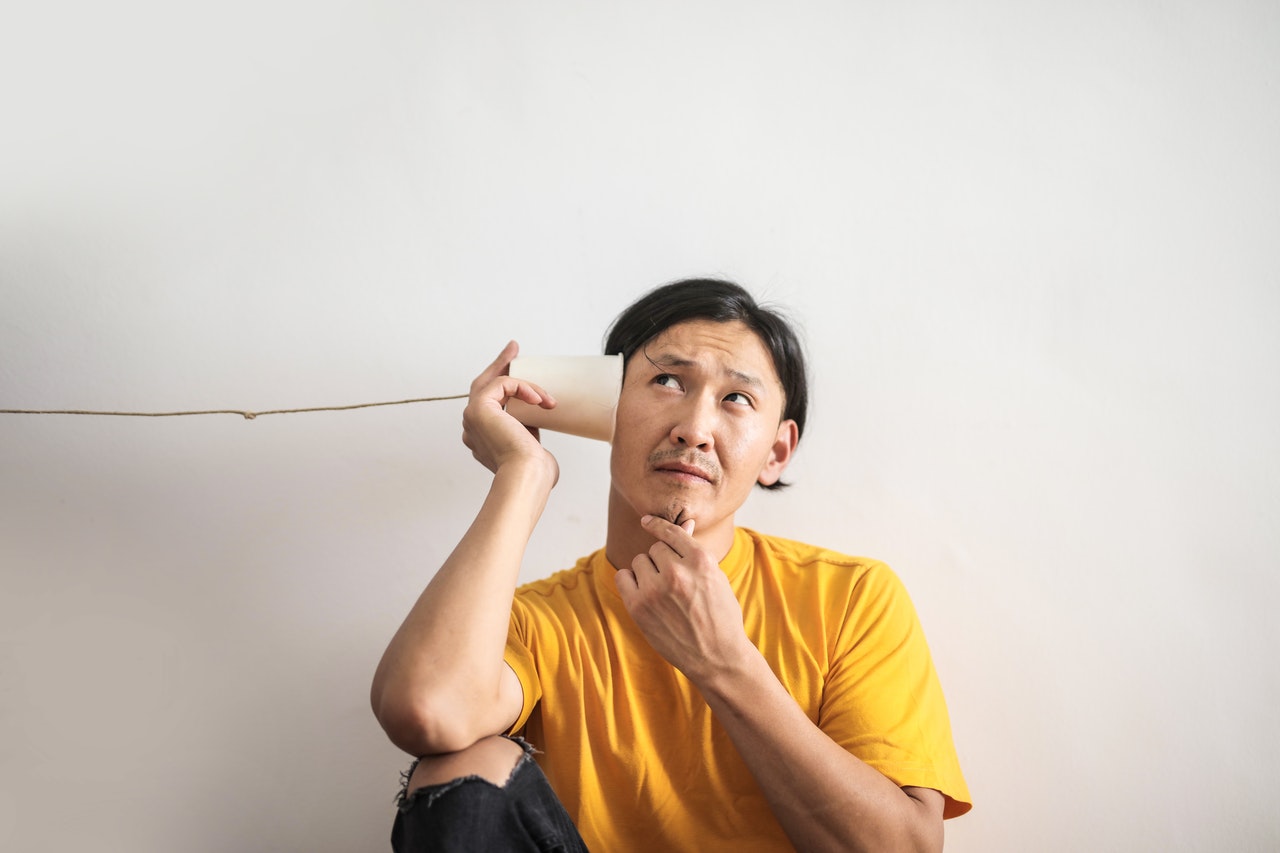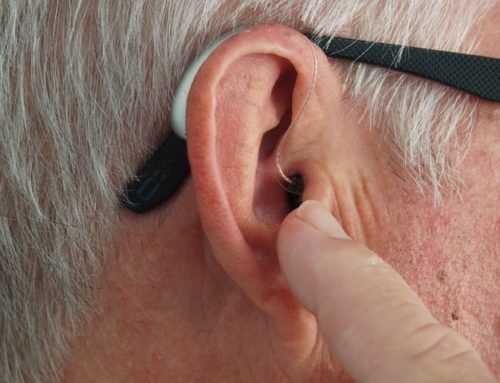Severe hearing loss can quadruple the risk of depression. Here is the report of a new study highlighting the link between hearing loss and depression.
Watch out for the blues!
Depress? What if it was your ears’ fault! There is a link between hearing loss and depression, according to a new study. If the origins of moral suffering are sometimes unclear, it is interesting to look at the state of hearing health of suffering people. Indeed, a group of scientists analyzed the audiograms and mental state of more than 5,000 people over the age of 50. Researchers have found a link between the risk of depression and hearing loss. Thus, mood disorders are multiplied by 1.4 per 20 dB of hearing loss. Concretely, this means that the more the patient hears badly, the greater the danger.
The results of this study were published in the Journal of the American Medical Association.
Hearing health link to mental health
If mental disorders are difficult to detect, presbycusis is much less so. Age-related hearing loss can cause depression. People with hearing problems find it more and more difficult to communicate and withdraw into themselves. This lack of contact can promote the appearance of these symptoms.
To prevent this disease, it is therefore strongly recommended to take care of your hearing. For this, it is necessary to do a regular hearing assessment . If the signs of presbycusis begin to be felt, do not hesitate to consult a specialist (ENT or hearing aid professional). Also, if you notice that a loved one seems depressed, check their hearing. It is possible that hearing loss is the cause of his emotional state. In this case, the equipment can be a solution.

Take the best seat at the table
Sit so that you can see as many faces as possible. You will be able to see the lips of your guests move when they speak. Avoid candlelit dinners. Prefer a bright light that allows you to spot visual signals. Sometimes the best place is next to a loved one who will repeat the snatches of conversation that you have not understood.
Don’t hide your situation
Talk to your guests about your hearing impairment and let them know that noisy environments don’t make it easy for you. There is no point in pretending to understand with nods, people are usually quite willing to adapt. Simple actions on your part, such as putting your hand to your ear, tell others that you haven’t heard them. This will not interrupt the flow of the conversation, but you will have indicated to the speaker that it would be better if he spoke louder or slower.

Wear your hearing aids
This strategy is obvious to improve your ability to hear in public. New technologies in the field of hearing allow you to fully enjoy the entire soundscape. You can hear everything, even when there are multiple parties. Experiment with the different settings of your hearing aids to select the one that will be best suited to noisy environments. And why not, consider using a very discreet clip-on microphone.
Relax and enjoy
Take care. When you feel tired, take short breaks to give your brain some rest. If it is too difficult to follow the conversation at the table, talk to your neighbors. If a group is too loud or speaks too fast, turn to a smaller, quieter group. Getting together with friends is supposed to be a time of conviviality, not a test of your endurance.
Follow the tips below to fully enjoy your moments with friends:
- Find a quiet corner, away from noise, music and hubbub.
- Position yourself so that you can see the faces of your interlocutors.
- Do not hide from others whom you sometimes have difficulty hearing.
- Wave your hand to let them know that you are no longer following.
- Wear your hearing aids every day.
- Smile and have a good time.







Leave A Comment